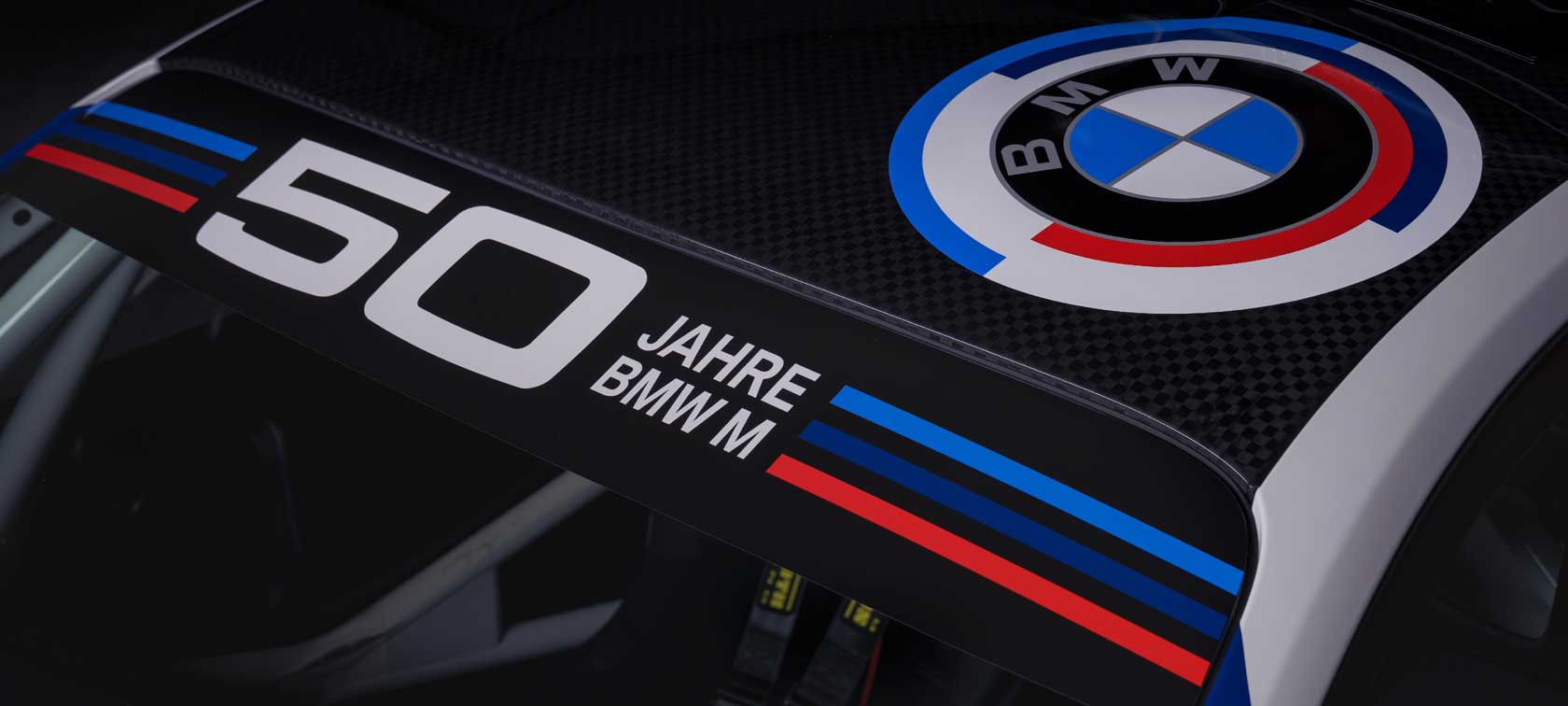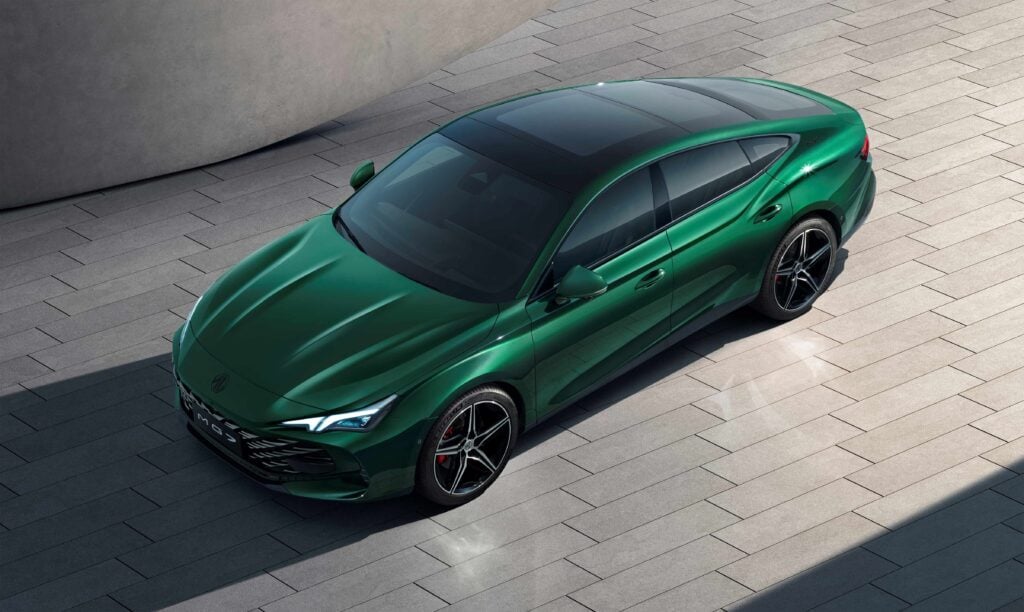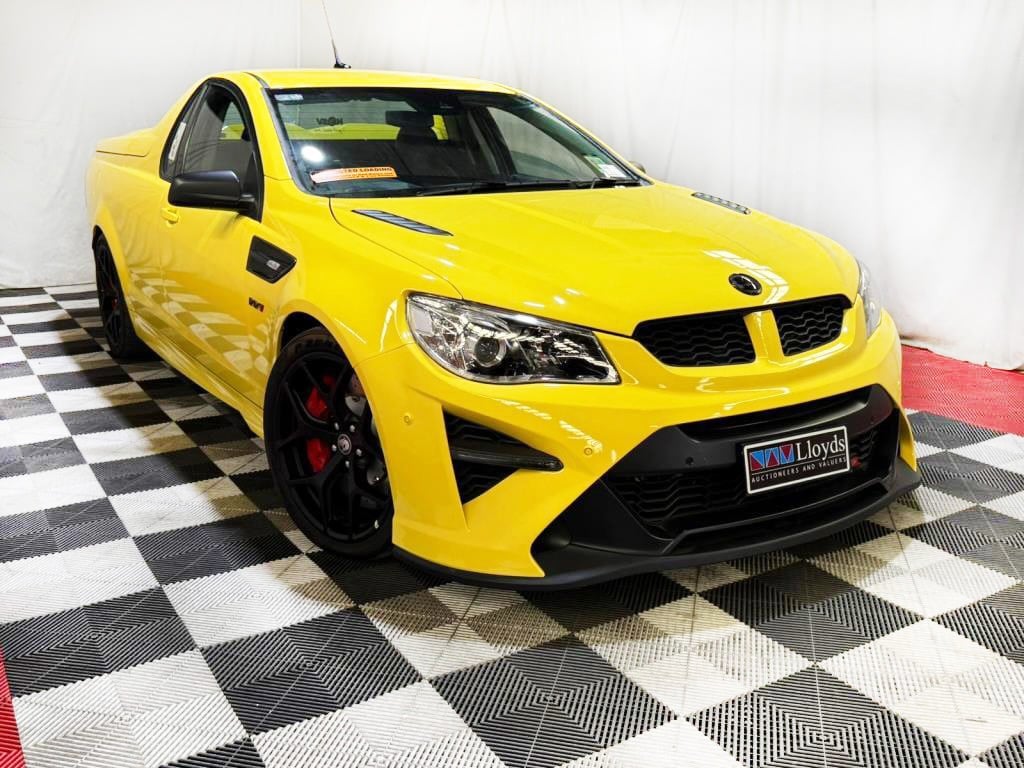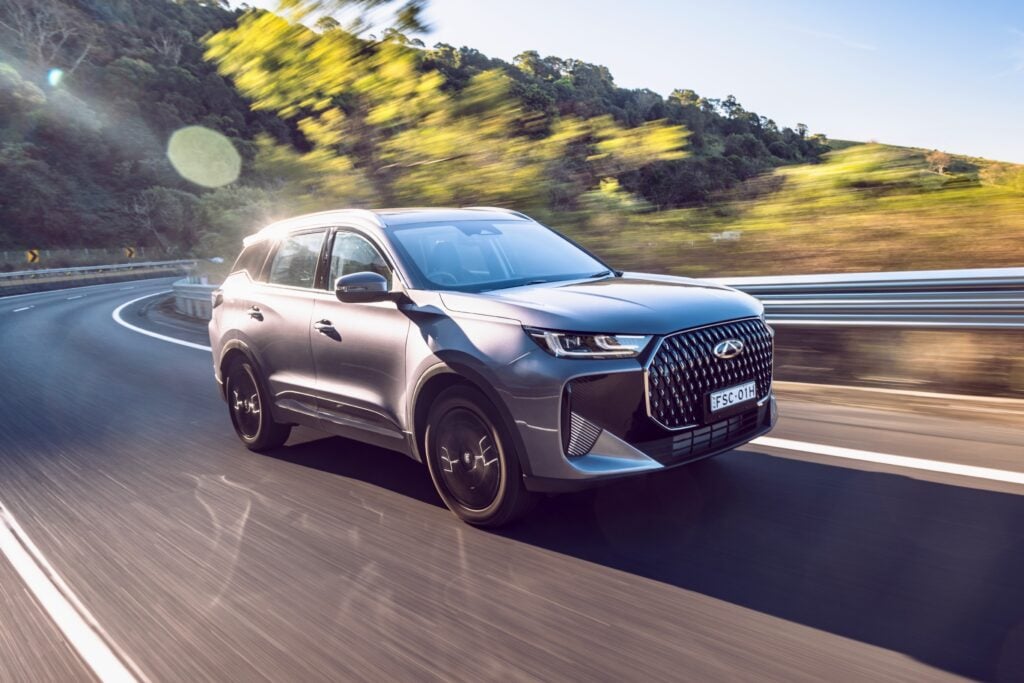BMW has confirmed that its halo range of high-performance M-models will not go electric until it has proven the technology on the race track, securing the future of petrol and hybrid powertrains for about a decade.
The German carmaker is poised to reveal its first electrified car to wear the coveted M badge, marking a milestone in the company’s electrification transition, but the XM and next-gen M5 will rely on a turbo V8 in unison with electric to honour the M-power mantra.
This, says BMW, will be the shape of its hero cars for the foreseeable future, and petrol will prevail until it can develop pure-electric propulsion that delivers the performance, dynamics and driving range that its customers expect.
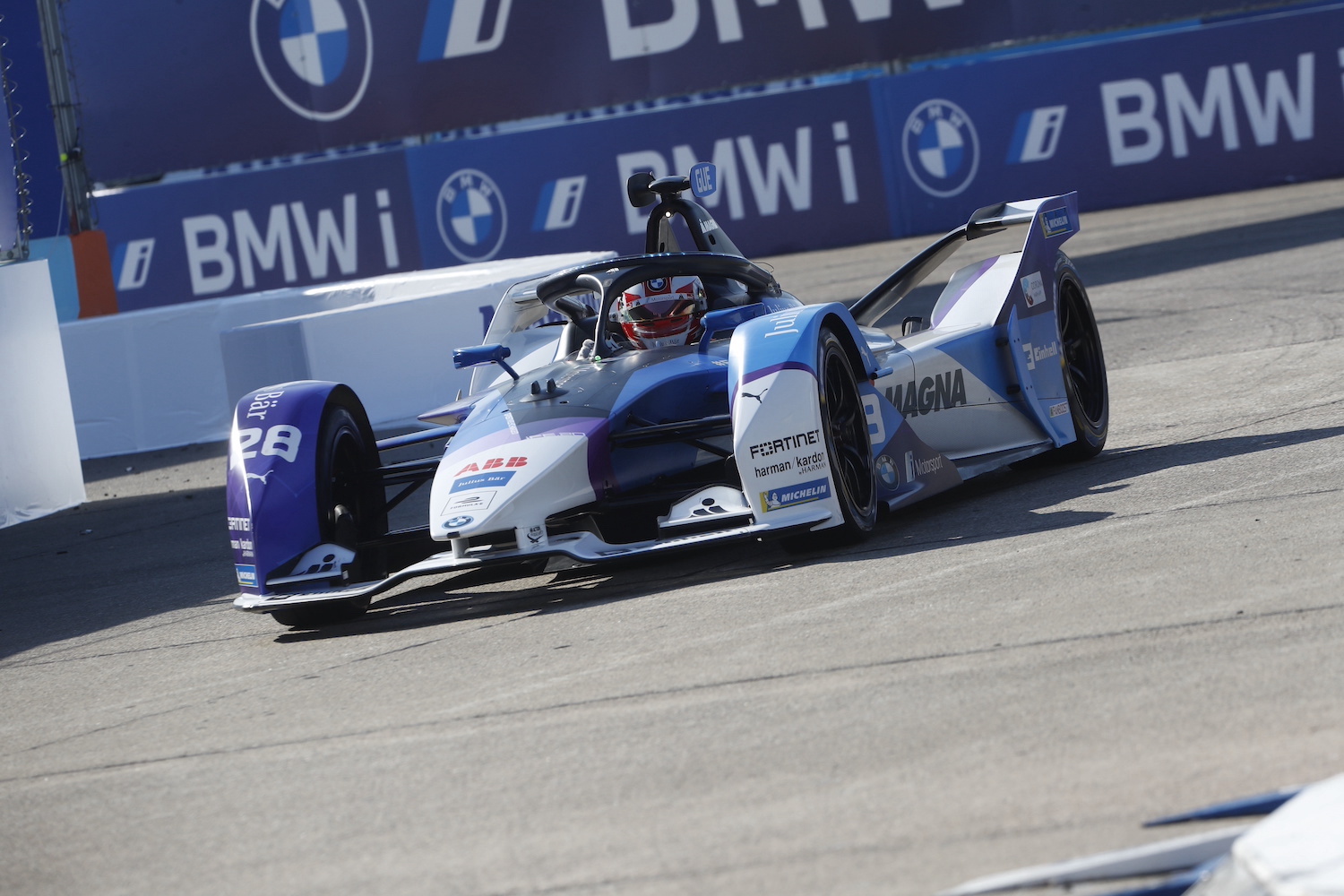
Speaking to media in Italy, BMW M CEO Frank van Meel said pure EVs, such as the iX and i4, would be limited to the M-Performance subsector until the technology has progressed significantly to allow its application in full-fat M cars.
“Right now it’s not possible yet to do high performance vehicles purely electric, that’s why we have them in the M-Performance models,” he said.
“We say this is not a car built on the track for the track, but it’s developed on the track to give you a little bit more M in your series production car.
“The i4 M50 has got more power changes in the chassis set up, but it’s not a track car like the high performance M3 or M4.”
Instead of outlandish concepts, van Meel said the racetrack would be the best place to see early indications of the first electric M3 and M4, with endurance competition serving as the ultimate development lab.
“Of course you can already see that everything is going towards electric, so at the end we have to find solutions for high-performance and racing. Next year we start with the LMDh race car with BMW M Motorsport, which is a Le Mans Daytona hybrid prototype.
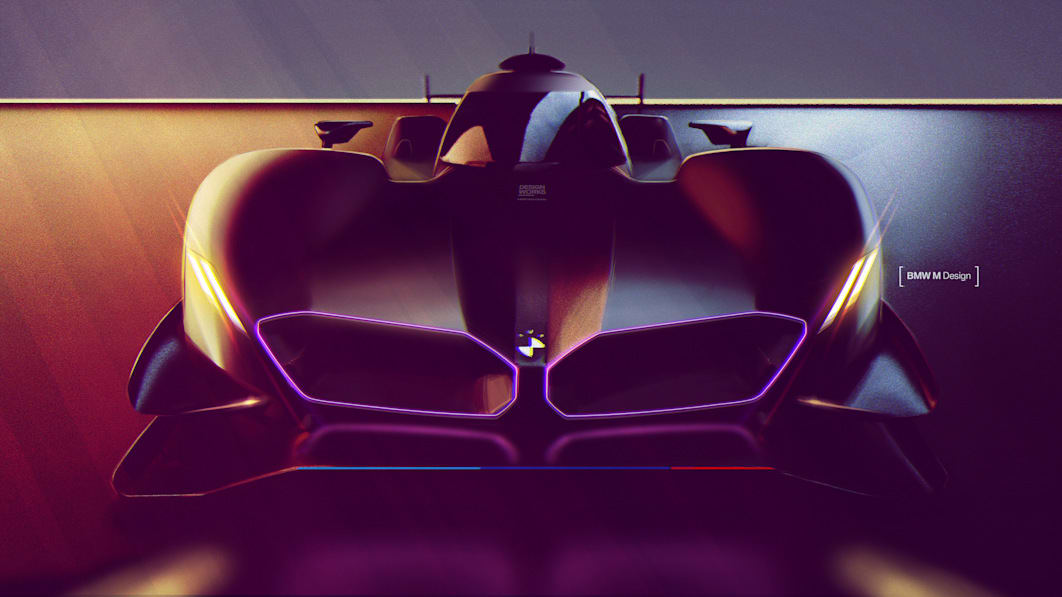
“So there you can see that we are already moving in racing to electrification, but this will not end with plug-in hybrid technology. Of course we need to look into pure electric GT racing because once all of the cars are pure electric then what are you going to make a GT3 or GT4 race car from?
“There has to be a solution for GT racing that is pure electric by the end of this decade, and that’s why we are looking at that in racing and at the same time in our high-performance cars.”
The statement aligns with Porsche’s electrification trajectory, with the fellow premium German brand also predicting it will offer at least one petrol version of all its traditional models for about 10 years.
However, unlike Porsche’s first full-electric model – the Taycan sedan and wagon – BMW says its electrification focus will be firmly in the SUV segment, with more sporty body shapes to come later.
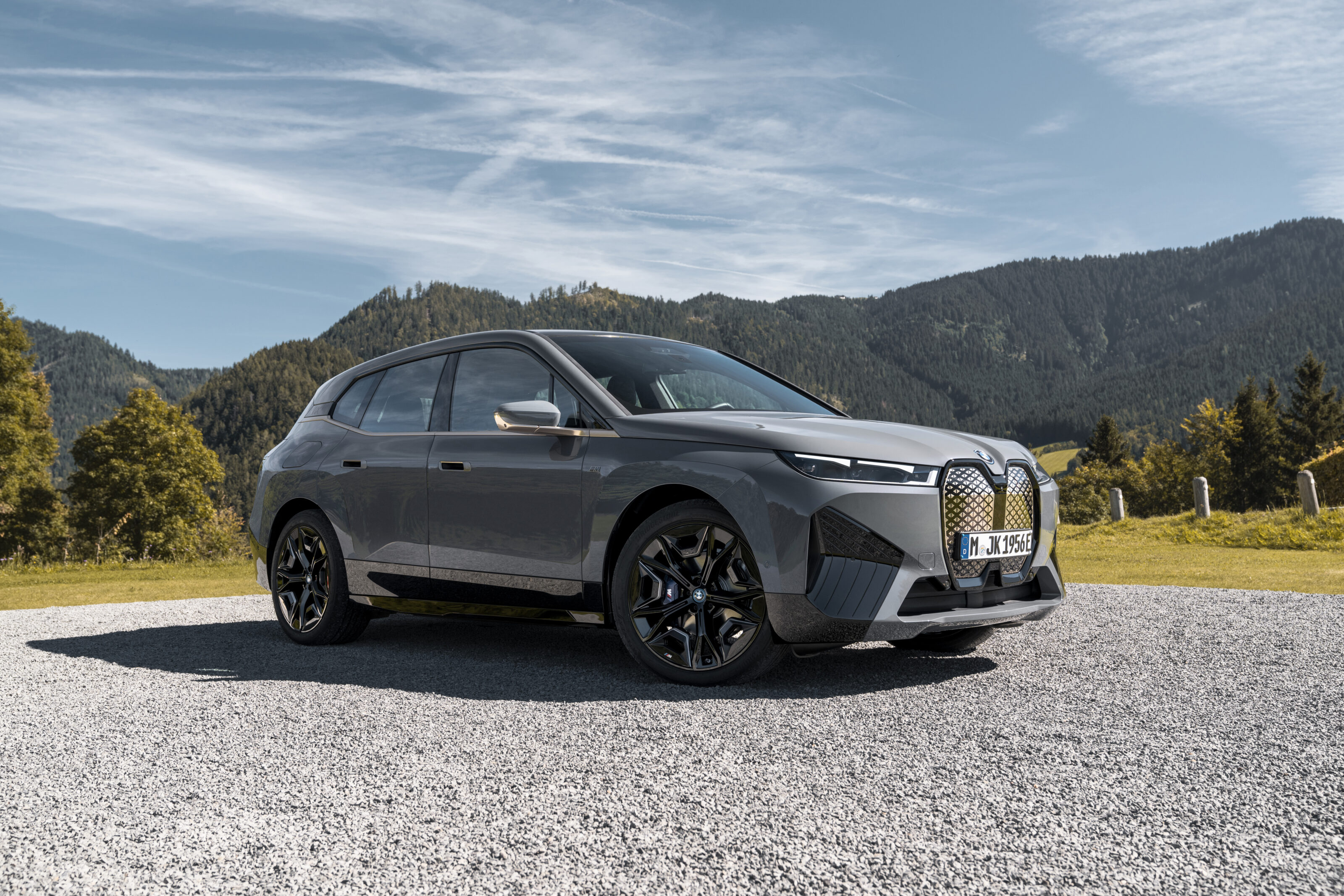
BMW’s latest EV – the iX M60 – will do the zero to 100km/h dash in just 3.8 seconds, and while the company will continue to launch potent battery powered models, don’t expect a track-dominating EV until it has nailed the GT racing recipe.
“For us, as long as we have no solution for long-distance and GT racing, it’s also a problem and difficult to find a solution for a high-performance car, because you’re always driving on the track and it makes no sense if it doesn’t work there.
“If you go to high-performance you’re automatically talking about racing. For us, high-performance is racing. It started 50 years ago with the M1 Procar and series production cars and from that point on we always had this close connection between racing and the technology in high-performance cars.”
According to the M boss, both efficiency and weight are the limiting factors for now, but the company is making steady progress in reducing battery mass and size – while boosting power and economy ratios.
While details are only cursory at this stage, van Meel did hint at some potentially startling performance for any vehicle that did eventuate.
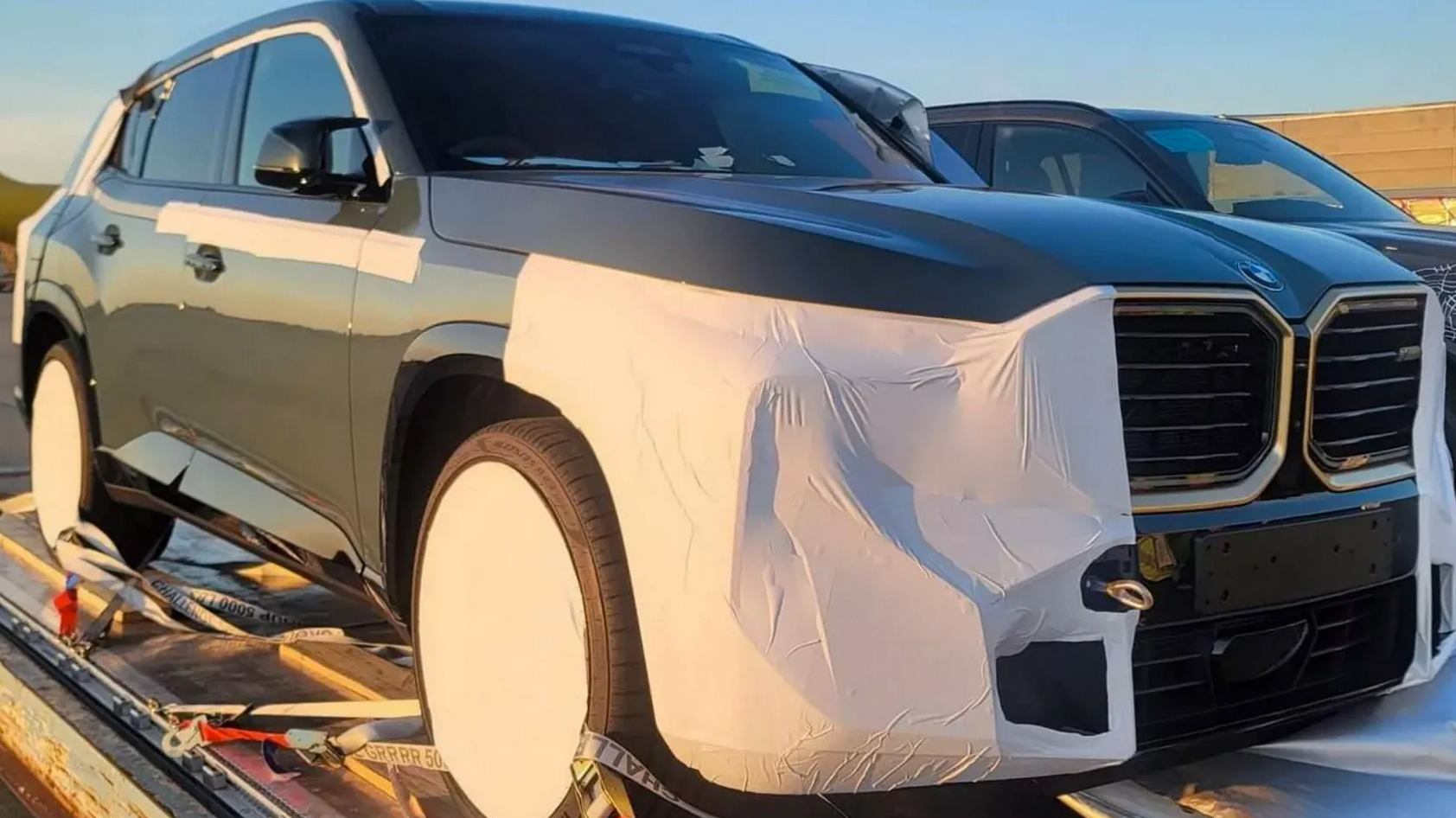
“Efficiency is always an issue because we need to be very efficient. In racing, if you can go one lap longer than the others then you’re the winner. Also if you are more efficient you don’t need to have very big battery and you can save weight.
“Batteries are one thing regarding weight, but then we are talking about cooling and chemistry and about the integration in the overall vehicle. It’s also about power output and input because we’re probably talking about more than one megawatt that you use for racing.”
Either way, it appears the M2, M3 and M4 high-performance heroes will remain petrol powered for at least the next generation.
“The M3 and M4 are still quite young and they will run for a long time. The successor to the M2 will come at the end of this year and also might be a combustion engine so that will also run for a long time.
“You have to get this M feeling and the M smile when you get out of the car, and that is the most important thing. If you do not manage that then it’s not an M car”.
We recommend
-
 News
NewsBMW M kicks off 50th anniversary celebrations
The performance marque has released a new commercial to reflect on its past, present, and future
-
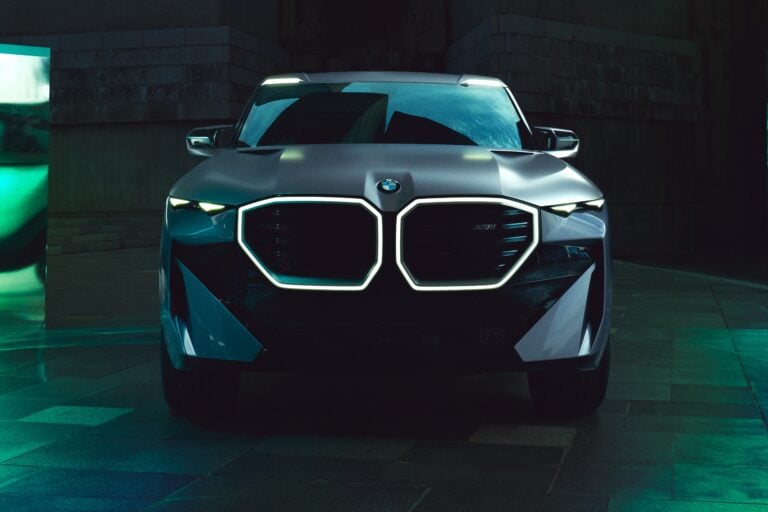 News
News2023 BMW XM concept revealed, production car spied with light camouflage
It’s the first dedicated model from BMW M, and it’s here to make a statement
-
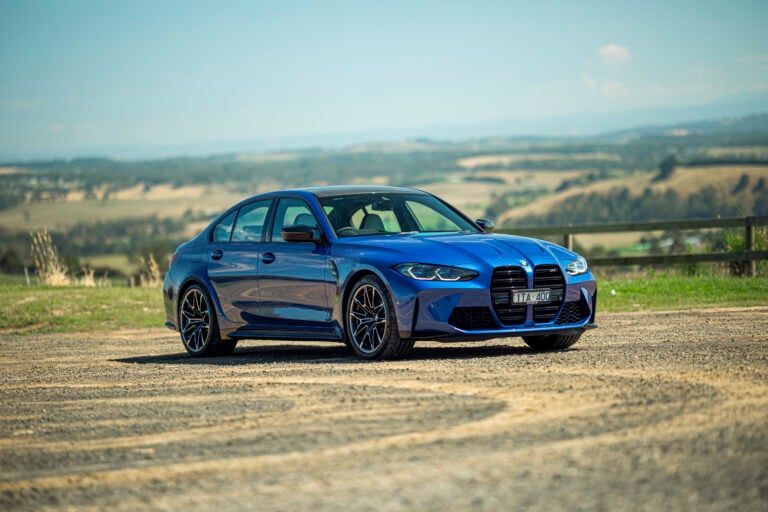 Reviews
Reviews2022 BMW M3 manual review
If the three-pedal G80 M3 is the last of a dying breed, you’d better snap one up


